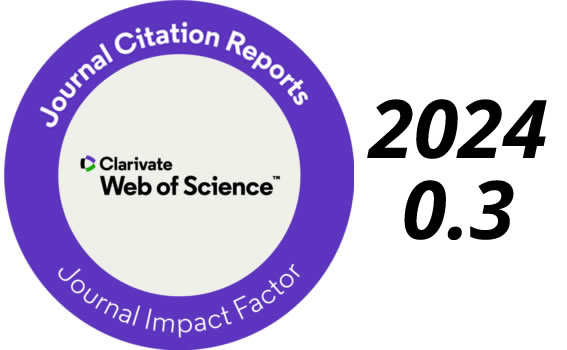IMPORTANT NOTICE
The website https://revistatyca-mx.org/ is making unauthorized reproductions of the content published in Tecnología y ciencias del agua (https://revistatyca.org.mx/). Furthermore, the cloned site is charging for publishing similar content to that which we offer free of charge on our platform.








